-

Project 2025 aims to ‘eradicate' climate change research, slash disaster aid
The Heritage Foundation, a conservative think-tank, takes aim at climate change across the federal government in its Project 2025 policy proposals. The 922 page document targets the National Weather Service, NOAA, the EPA, and FEMA among many other federal agencies. National climate reporter Chase Cain explains the implications.
-

Vineyard Wind will remove some blades from turbines after one shattered in July
Vineyard Wind plans to remove an unspecified number of blades from existing turbines after conducting scans and quality checks in response to a mid-July breakdown that cast debris into the ocean, company officials announced Wednesday. Officials with Vineyard Wind and GE Vernova, which manufactured the blades, said just before 6:30 a.m. Wednesday they would remove some existing blades and strengthen...
-

Vineyard Wind turbine blade to be recovered from ocean floor
Crews started this week to retrieve and remove pieces of the shattered Vineyard Wind turbine blade that sunk to the ocean floor three months ago, a project that the company said could take as long as two weeks. Vineyard Wind sent a “mariner update” Wednesday to caution boaters, fishing outfits and anyone else on the waters that a 250-foot crane...
-

Why an Alaska island is using peanut butter to find a rat that might not exist
A purported sighting of a rat wouldn’t get much attention in many places around the world. But it caused a stir earlier this year on Alaska’s St. Paul Island.
-

These solar-powered trash cans you've probably used are made in Mass.
Bigbelly is hungry for your trash. The Massachusetts company was the brainchild of four Olin and Babson college students about 20 years ago with a simple goal: to make communities cleaner and greener. Now the business is evolving. “The containers I’m leaning against here are the coolest trash cans in the world,” said Jeff Satwicz, founder of Bigbelly. You might…
-

How we can protect our beaches during the busy summer season
Summertime is officially underway and you’re likely looking forward to soaking up the sun on some beach days. By being a responsible beachgoer, you’re helping to keep your favorite stretch of shoreline in great shape for future visits and future generations. We talked to the New England Aquarium about what you can do to protect our state beaches. They say...
-

Poisoned trees gave a wealthy couple in Maine a killer ocean view, but at what cost?
Suspicious deaths in an idyllic seaside community and detective work that points to poison sound like themes from a classic murder mystery. But the victims in this Maine whodunnit were trees that stood in the way of a wealthy family’s oceanfront view, allegedly felled by well-heeled killers who, while ostracized and publicly shamed, remain free. Wealth and hubris fuel...
-
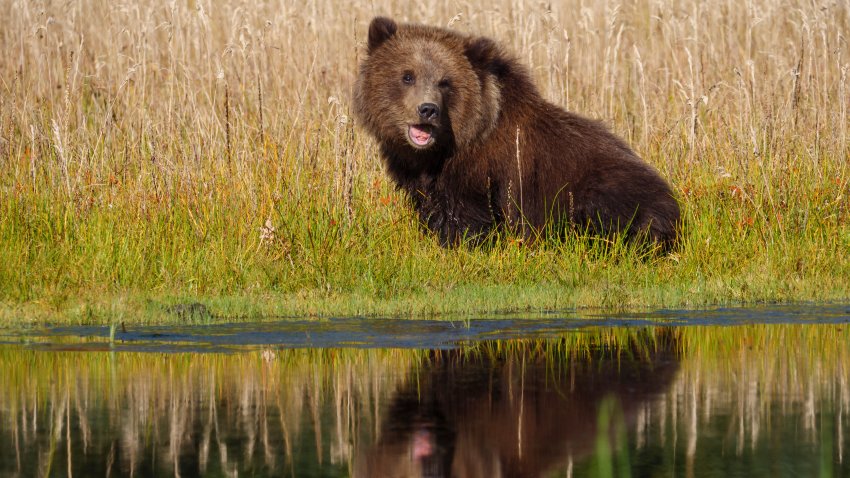
Grizzly bears are set to be reintroduced to Washington state, after years of debate
Grizzly bears will be reintroduced to Washington state’s North Cascades mountain range, the federal government said this week — a decision that followed years of bitterly divided debate.
-
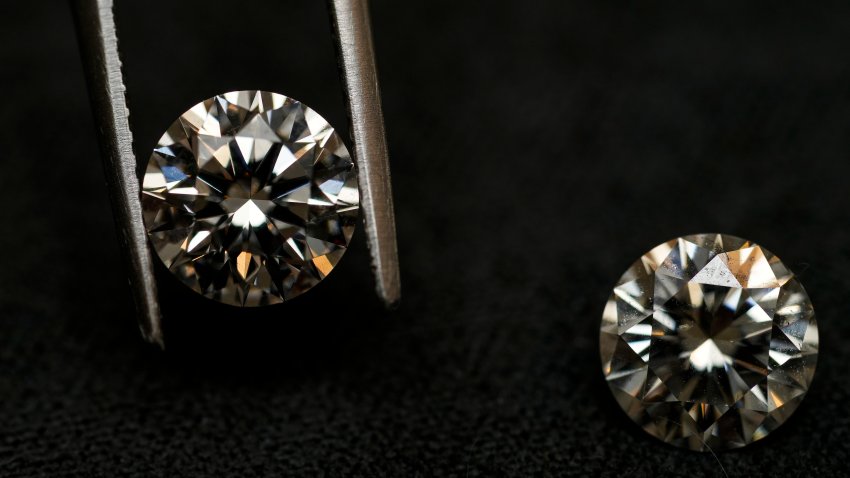
Lab-grown diamonds come with sparkling price tags, but many have cloudy sustainability claims
Lab-created diamonds come with sparkling claims: that they are ethically made by machines running on renewable energy. But many don’t live up to these claims.
-

Latest EPA assessment shows almost no improvement in river and stream nitrogen pollution
The EPA’s newest assessment of water quality and nutrient pollution in U.S. rivers and streams shows almost no progress on cutting the nitrogen pollution that comes primarily from farm chemical runoff.
-
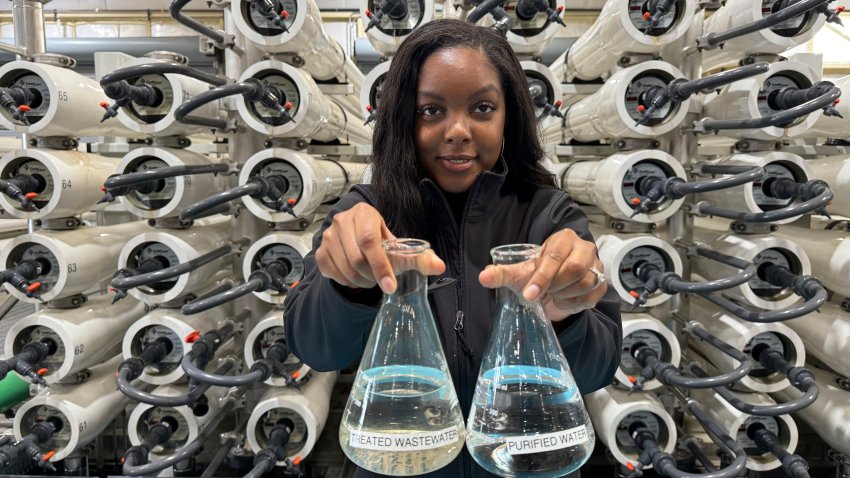
Drought-prone California OKs new rules for turning wastewater directly into drinking water
California regulators on Tuesday approved new rules to let water agencies recycle wastewater and put it right back into the pipes that carry drinking water to homes, schools and businesses.
-
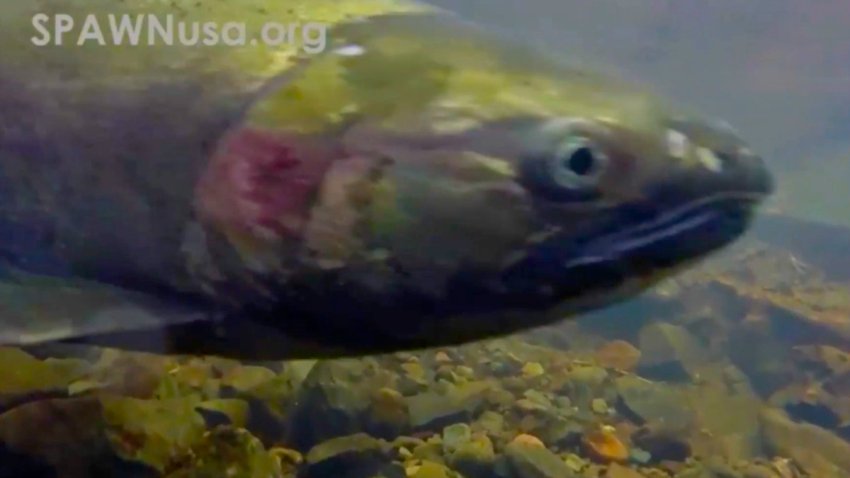
U.S. regulators will review car-tire chemical that kills salmon, upon request from West Coast tribes
Federal regulators will review the use of a chemical found in tires after a petition from Native American tribes in California and Washington states.
-
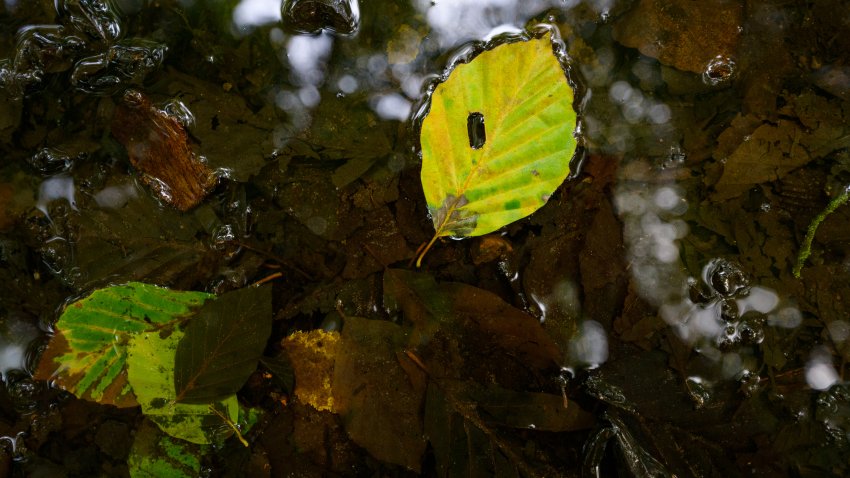
Invasive worm causing disease in Vermont beech trees
A disease that harms beech trees, caused by an invasive worm, has been confirmed for the first time in Vermont, officials said. Beech leaf disease — which has been reported in 14 states and in Ontario, Canada — was found in Vernon, in the southeastern part of Vermont. In early October, samples from Vernon were sent to the U.S. Department of…
-
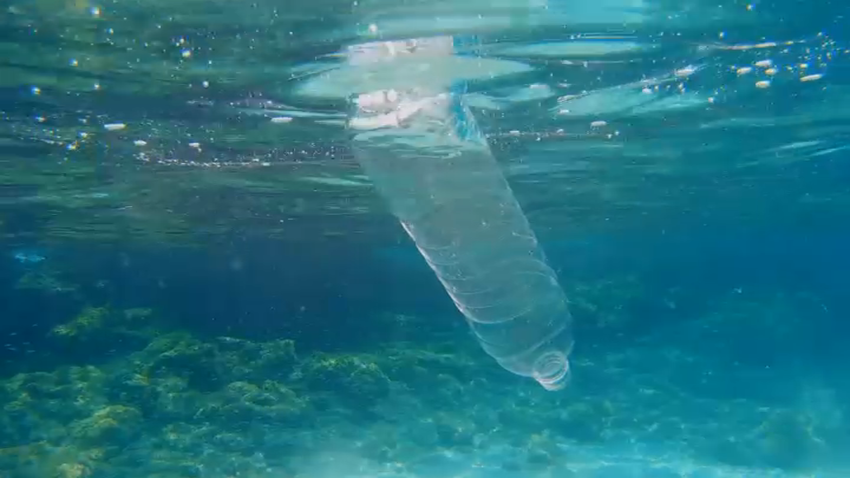
Local researchers devise way to turn plastic into fuel
Every year the world produces 430 million tons of plastic, according to the United Nations. Much of that plastic ends up in our oceans. According to the UN, 11 million metric tons of plastic enters the ocean every year. Now, one group of researchers at Worcester Polytechnic Institute has come up with a groundbreaking way to turn that plastic into…
-
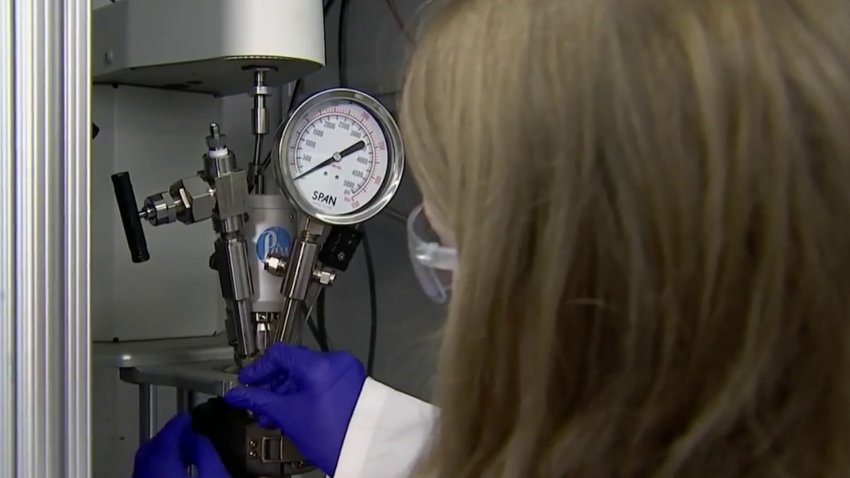
Local researchers looking to turn plastic into fuel
A group of researchers at Worcester Polytechnic Institute has come up with a groundbreaking way to turn that plastic into fuel and it could be a game changer when it comes to cleaning up our oceans.
-
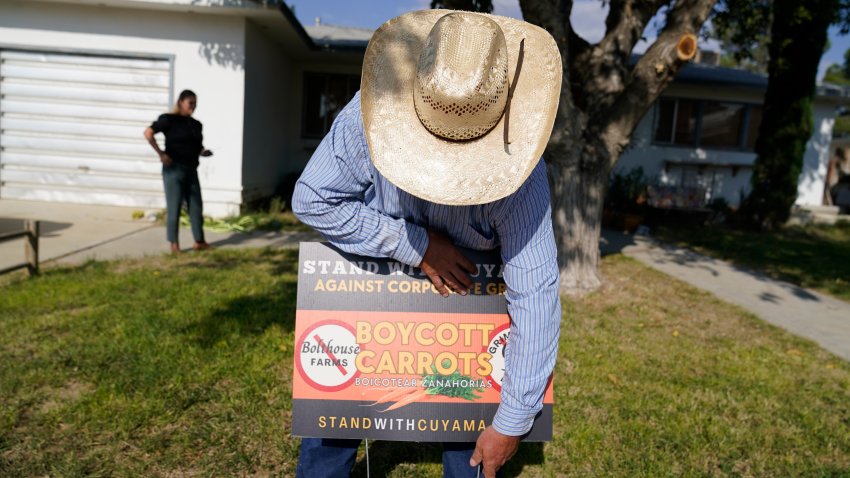
A fight over precious groundwater in a rural California town is rooted in carrots
In a remote, dry patch of California farm country, a battle is raging over carrots. Or rather, over the groundwater where they’re growing northwest of Los Angeles.
-
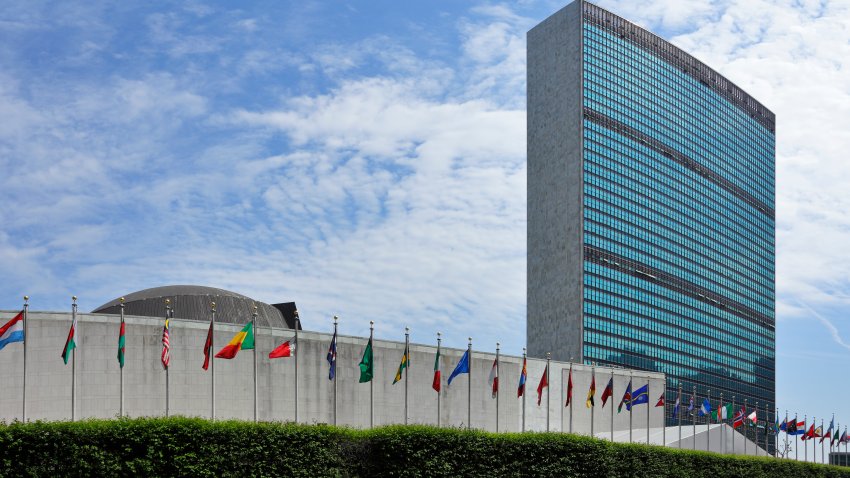
UN kicks off Climate Week as phasing out fossil fuels becomes priority
The heat is about to be turned up on fossil fuels, the United States and President Joe Biden.
-
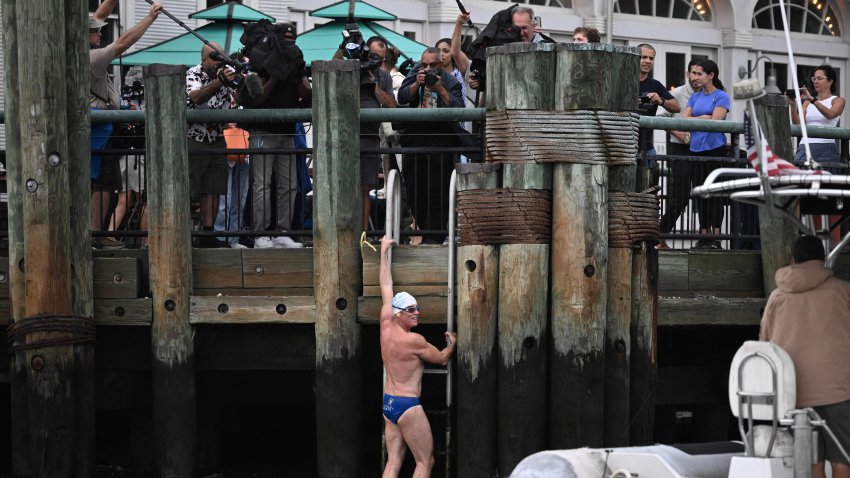
Hudson River swimmer completes 315-mile trek
Endurance swimmer Lewis Pugh completed the trek to raise awareness of the need for clean rivers.
-
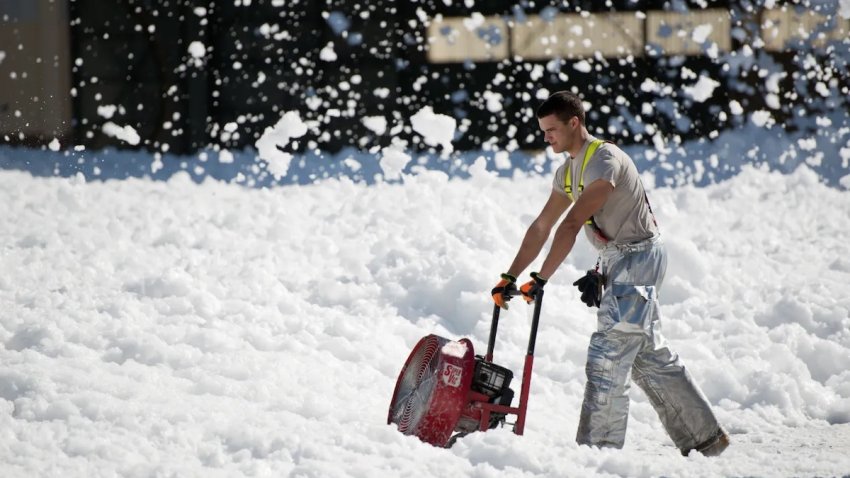
‘Like a Russian roulette': US military firefighters grapple with unknowns of PFAS exposure
Federal research linking “forever chemicals” to testicular cancer confirms what U.S. military personnel long suspected. But as they seek testing for PFAS exposure, many wonder what to do with the results. There’s no medical treatment yet.
-
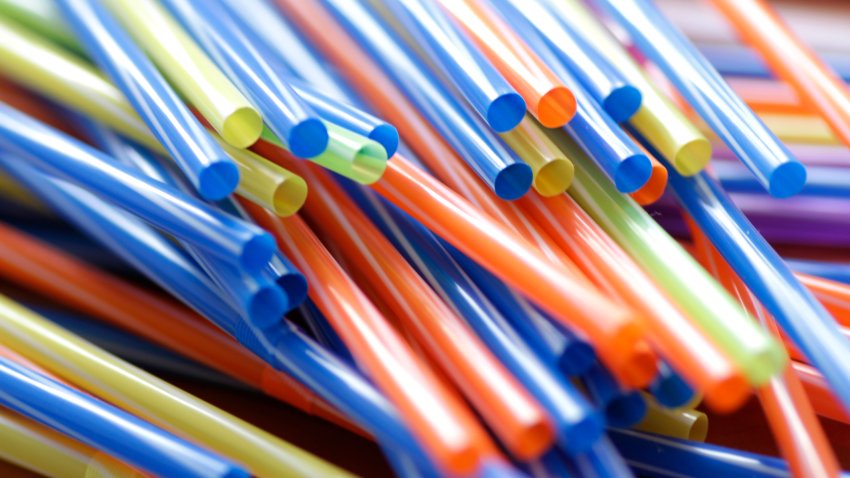
Paper and bamboo straws contain PFAS chemicals more often than plastic straws do, study finds
Some paper and bamboo straws contain so-called “forever chemicals” that could make them a less-than-ideal alternative to plastic, researchers have found.

